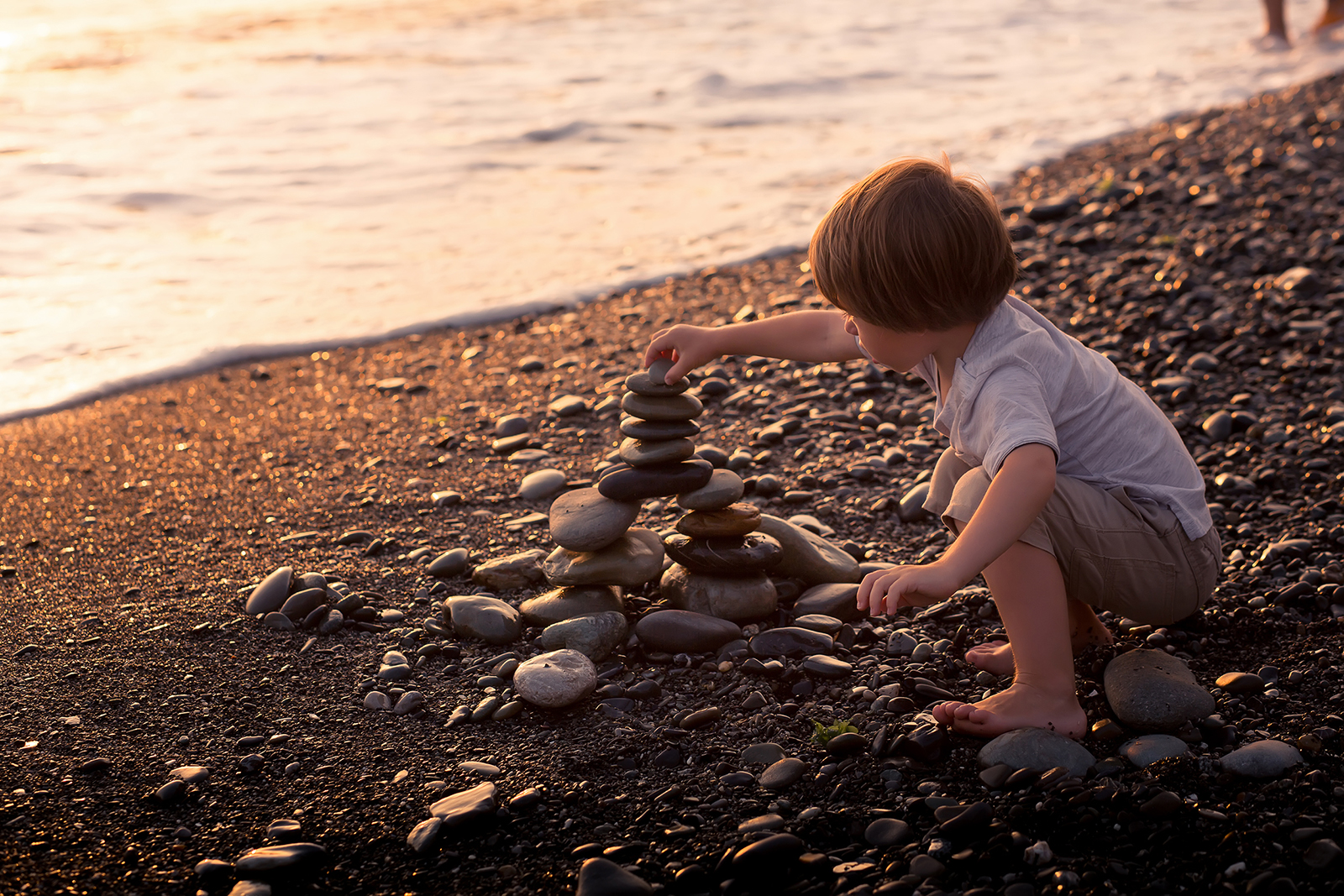
What is it?
Land Art or Earth Art is created directly into the landscape. It uses products from the Earth itself and creates something with them. It can be created in situ (right there) or it can be recreated as installations in a gallery. The majority of these works of art are made in the landscape and remain there. They are often documented with photography by the artist over time, through the seasons. Many do not survive the test of time and teach the viewer an important lesson in the fleetingness of life. What comes from the earth, goes back to the earth.
When?
Land Art or Earth Art came into being in the 1970s. From this time it has evolved and artists in the 21st century have used it for a tool of environmental activism.
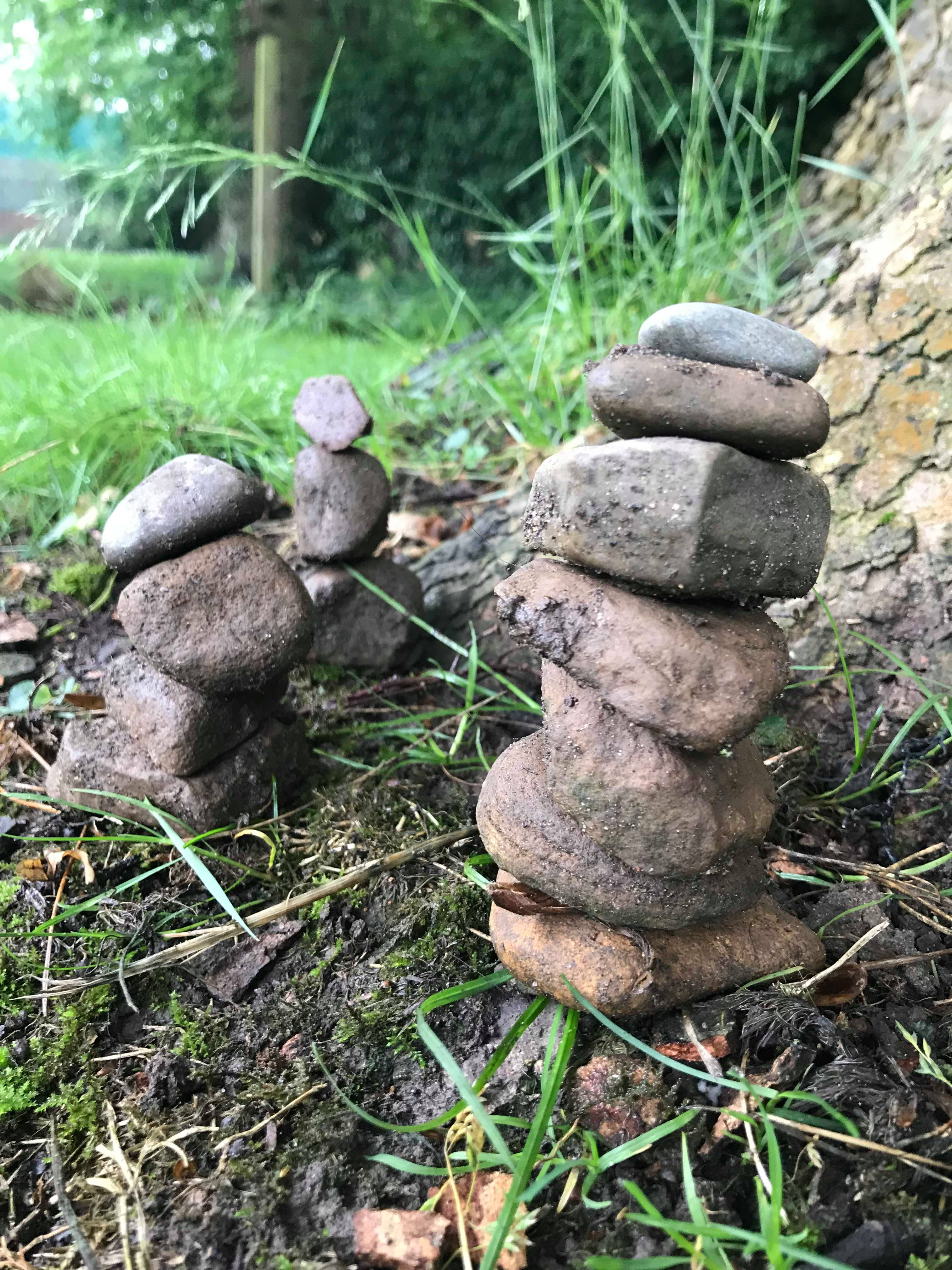
Who?
Some of the leaders of the 1970s movement:
- Robert Smithson, American (1938-1973)
- Richard Long, British (1945-)
- Nancy Holt, American (1938-2014)
Works?
Some notable pieces to explore by the above artists:
- Robert Smithson – Spiral Jetty, 1970
- Richard Long – Small White Pebble Circles, 1987
- Nancy Holt – Sun Tunnels, 1976
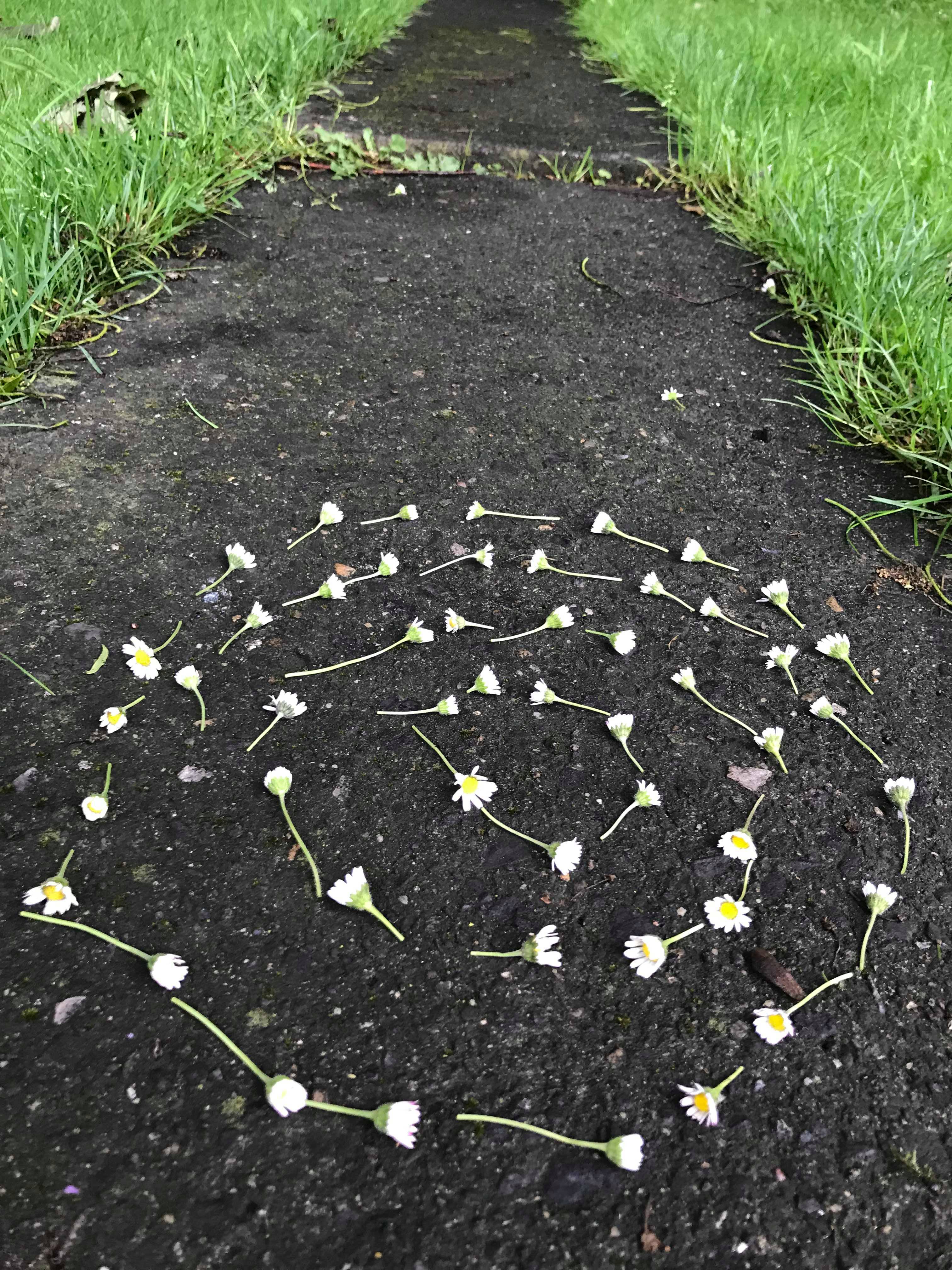
The Pioneer
Nancy Holt was a pioneer. While her male contemporaries were more interested in making the biggest mark on the Earth’s surface (many of which actually damaged it), Holt began to use her work as a springboard for environmental activism. This was not initially important to Land Artists. She said, ‘I have a strong desire to make people conscious of the cyclical time of the universe.’
Her work encourages the viewer to examine their environment. Instead of competing with nature, she chose to integrate it. She called the images she took of her work, ‘memory traces’ and insisted that her work was only complete when see in person.
The emergence of the Land and Environmental Artist
‘We often forget that we are nature. Nature is not something separate from us. So, when we say that we have lost our connection to nature, we’ve lost our connection to ourselves.’
– Andy Goldsworthy
Our inspiration for this Art History activity is Andy Goldsworthy. He is a British sculptor and photographer. He works within nature to further enhance it’s beauty and tell the tale of life cycles. With respect he builds and with tranquility and peace they fade away. His work is beautifully poetic.
To explore his work follow this link. You can explore by year, form, material or place.
So join us and become Mini Goldsworthy
explorers and creators!
What will you need?
Anything you can find in nature around where you live, for example:
| Snow Ice Mud Stones Pebbles |
Sticks Branches Leaves Petals Flowers |
Bark Rain Feathers Sand Thorns |
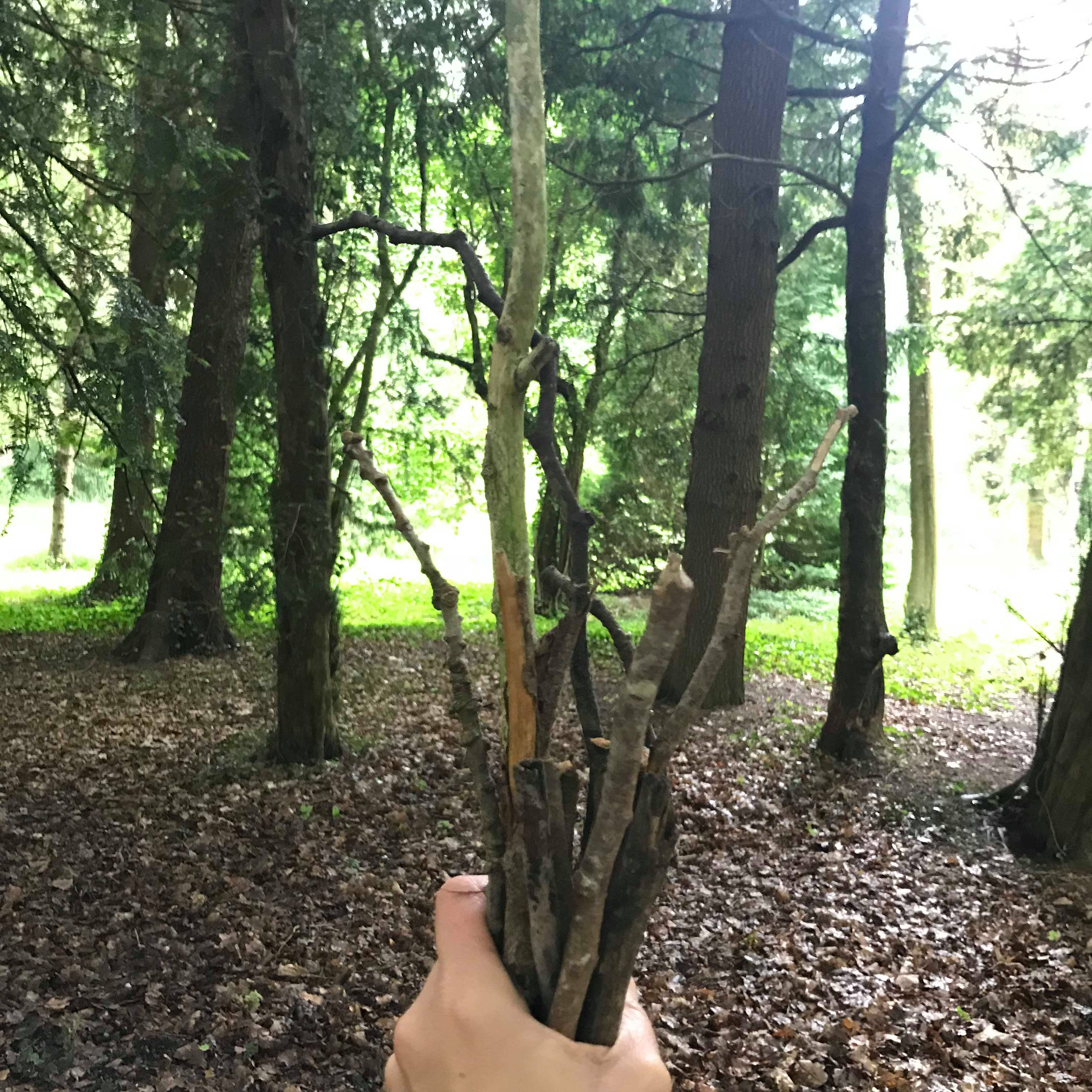
What to make with your materials?
| Spirals Domes Balls Curves Mounds |
Circles Serpentine Columns Zig Zags Holes |
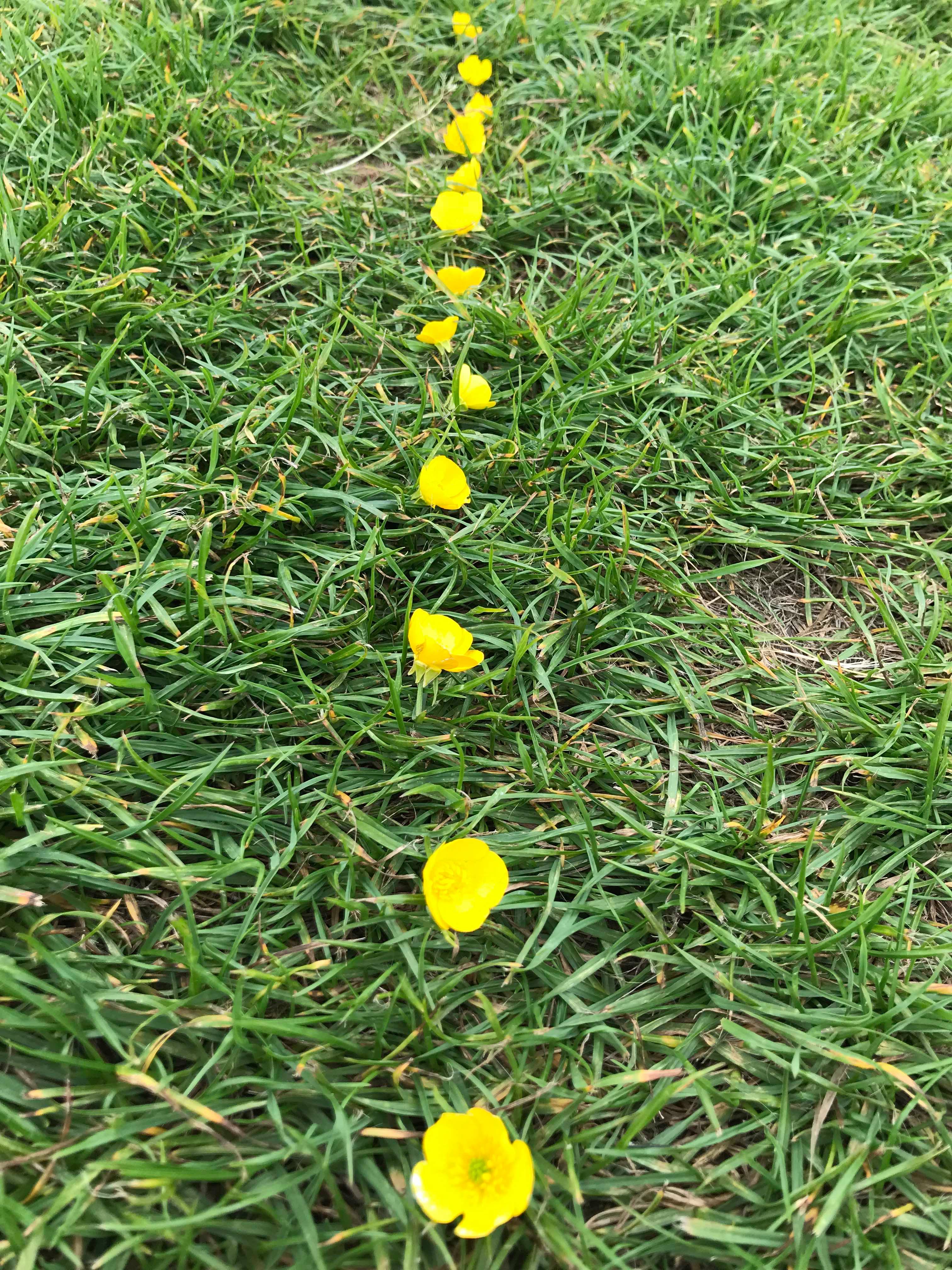
What is so good about this art movement?
With the coming of every new season, you can come back to this art movement again and again with renewed excitement and inspiration. Wherever you might visit with your family is another opportunity to create something new.
We have created in lots of different locations: the beach, the woods, our garden, on family trips. We have used flowers, stones and leaves and branches to name a few.
If you are lucky enough to have a garden why not take some photos over the course of a week and see what happens. If you have used fresh leaves or flowers, watch and talk about why they wither up after a few days. Do you have any wildlife in your garden? We made a few stacks of rocks by the tree and by the next day, our resident squirrels had knocked them over.
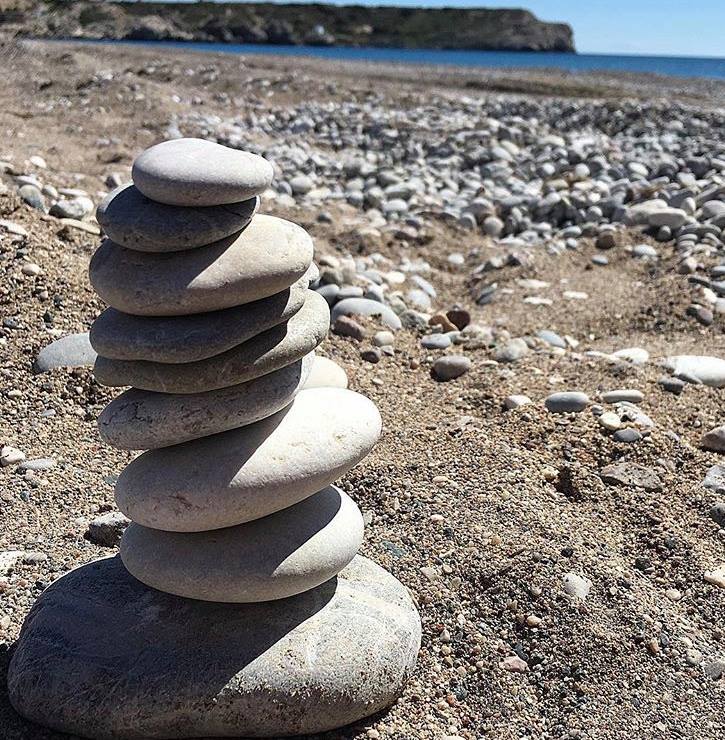
Do you live by a beach? What might the tide do to your Land Art over the course of a day? Why not take some photos and document the process!
If you want to feast your eyes on more work by Land and Earth artists, have a look at these ones:
- Michael Grab, Canadian
- Jeremy Underwood, American
- Andres Amador, American
Don’t forget to follow us on Twitter, Instagram, Pinterest, and Facebook!
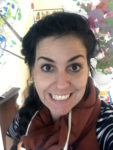 Contributor
Contributor
Grace Selous Bull is an arts education author and freelance blogger. Her book, ‘Potty About Pots: arts and crafts for home and school’ is aimed at children from 5-12 years old and takes them through a journey of ceramics through time. She is a full time Mummy of two girls, both of whom love being creative, and is married to her husband, Andrew, who does not.
Original content © 2018 Super Simple. Not to be reprinted without express written permission. Terms of Service.

